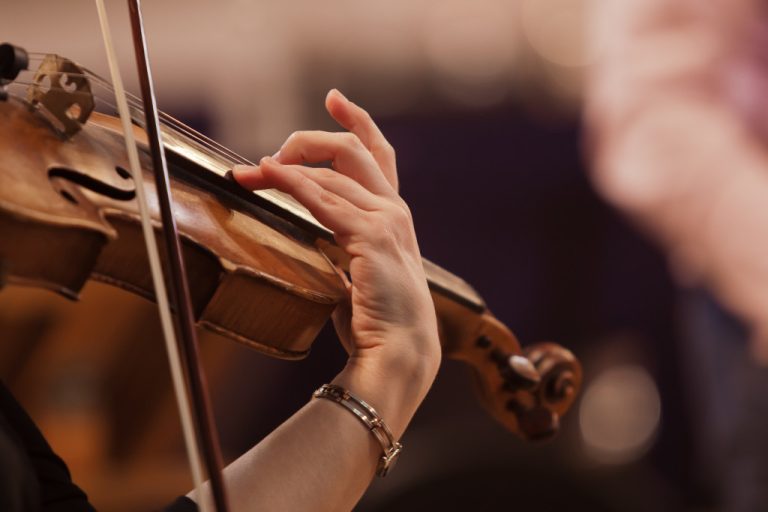Playing a musical instrument has significant health benefits like reduced stress, improved cognitive performance, and increased memory function. You don’t have to be a skilled musician to reap these benefits, you can start by picking up an instrument of your choice and start learning to gradually see improvements in your mental health.
For instance, taking drum lessons can help improve behavioral issues and has a healing effect on people who experienced emotional trauma. On the other hand, playing the piano can help ease loneliness and anxiety. Don’t think that it’s going to be hard to learn something new — you just need commitment and the desire to start seeing improvements in your health.
The Power of Music
Music can influence your feelings, behaviors, and thoughts that can even inspire action. This is why music therapy is usually used to improve psychological well-being, promote emotional health, and help people cope with stress. It acts as a medium for processing grief, anxiety, and trauma, which is why it’s beneficial for people who go through difficult times.
Here are the common interventions in music therapy:
- Improvisation Music Playing: Playing instruments can help with the expression and exploration of different themes such as grief or conflict. When a group uses various instruments to relate any feelings they may have, it creates an opportunity to understand each other through music and further discuss these feelings with others.
- Songwriting: Creating lyrics can make people express their experiences and thoughts, then combining that with sounds from the instruments best reflects their emotion behind the words. This process can help build self-worth, and they can gain a sense of pride as the whole group listens to their creation.
- Active Music Listening: The repetitive and rhythmic aspects of music have a calming effect that regulates the mood. If a person is currently in an anxious or angry state, a therapist can play the music that matches their current mood, then slowly transition to calmer music to let the person slowly transition to a more peaceful state.
Benefits of Playing Musical Instruments to Your Mental Health

Combats Depression
Learning how to play an instrument helps combat depression as it elevates your mood and boosts your body’s production of dopamine or the “happy hormone”. Since playing instruments is more immersive than listening to music, your brain provides more stimulus that promotes healing.
Musical instruments serve as “antidepressants” during music therapy sessions because more people have fewer anxiety symptoms after a few months of therapy. This is due to the therapeutic effect music brings that helps lower blood pressure and improves self-esteem.
Reduces Stress and Anxiety
Stress can affect the whole body, from increasing your blood pressure to negatively impacting your thoughts. When you learn how to play an instrument, you tend to fully focus on the activity that creates a natural state of mindfulness and provides a calming effect. This calming sensation turns any negative thoughts into something positive that helps alleviate stress.
Music can also improve your mood and sense of self-awareness. The feeling that you get when you relate to a song you’re listening to is the same as the way playing a tune moves your inner self.
Reduces the Risk of Cognitive Decline
There is no known cure for dementia, but there are many ways to reduce your risk of the condition such as maintaining a healthy lifestyle and frequently exercising your mind. You can also improve brain function and promote healthy aging by learning how to play a musical instrument.
Since actively playing music requires physical and cognitive engagement, the attention, speed of information, and reasoning parts of the brain are improved. Whether you start learning music as a child or adult, as long as there’s continued engagement, you will reap long-lasting benefits to your cognitive health.
Strengthens the Brain’s Memory Function
A creative activity like playing an instrument strengthens the brain and develops new neural connections. It also engages both sides of the brain, so you tend to remember what you’ve learned better, thus improving your memory. Continuously playing can keep your memory sharp even in the late stages of your life.
Also, a person who plays an instrument has better verbal memory, spatial reasoning, and literacy skills compared to a person who doesn’t.
Learning to play a musical instrument is more than just a hobby. It’s an effective way to boost your self-confidence, reduce stress, and improve brain functioning. While it’s great to start learning music as a child, you can reap the same benefits even if you start learning as an adult. Just continue playing and you’ll eventually see how a simple instrument can improve the quality of your life.

